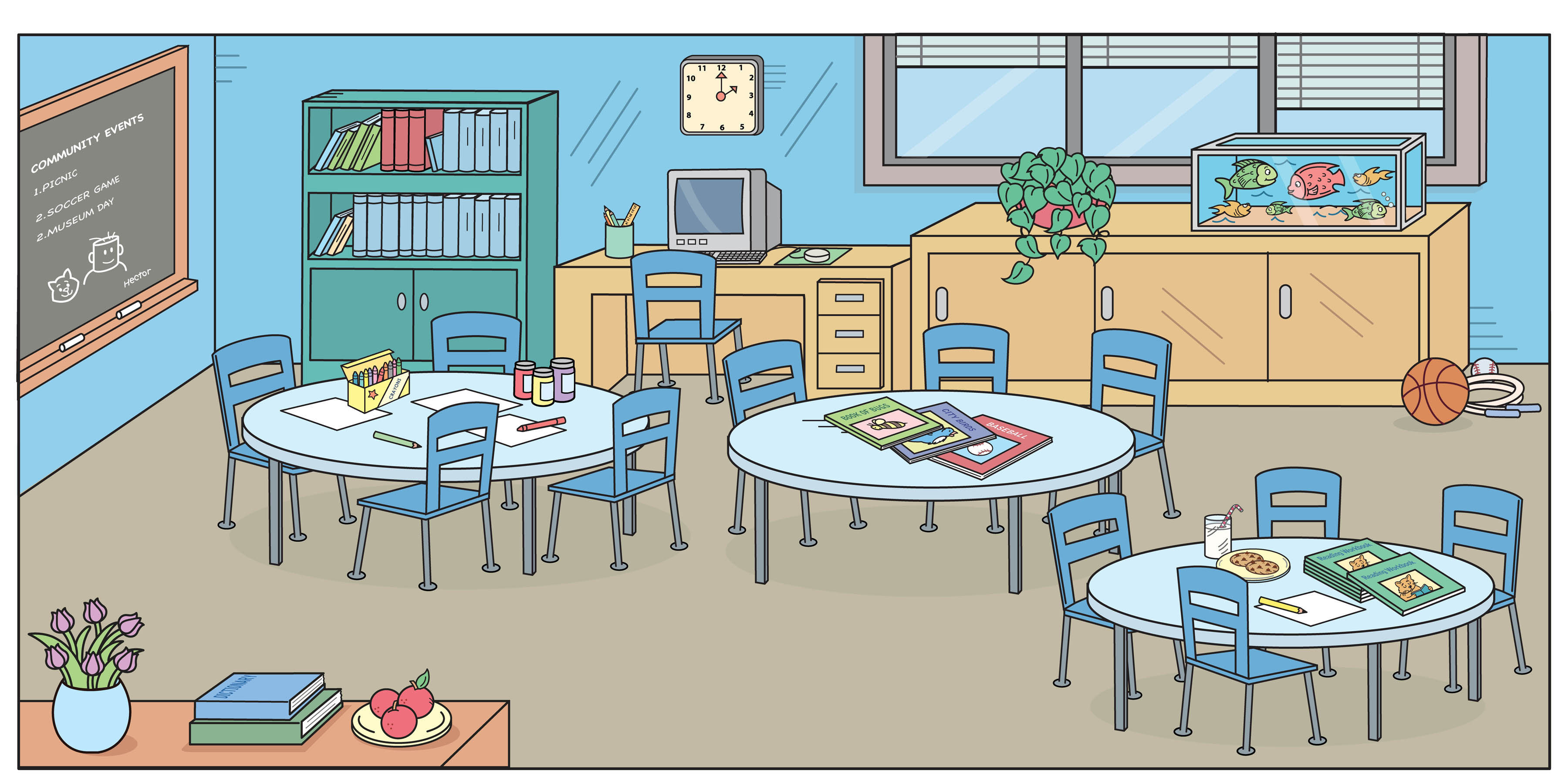He Kuputaka | Glossary
Special | A | B | C | D | E | F | G | H | I | J | K | L | M | N | O | P | Q | R | S | T | U | V | W | X | Y | Z | ALL
A |
|---|
a(particle) Used before people's - names, wai, mea and personified objects when they stand as the subject of the sentence and when they follow i, ki, hei and kei. | |
aha(noun) what? | |
Aho-korewifi | |
Ā |
|---|
Āhuru noacozy | |
A |
|---|
Akomanga Classroom Classroom | |
Ā |
|---|
Ākonga1. (noun) student, pupil, learner, protégé. | |
A |
|---|
Angamuaprogress | |
Aniniheadache | |
Ā |
|---|
Āniwaniwa / Uenukurainbow | |
A |
|---|
Aoteawhite cumulus cloud | |
ArawhitiPedestrian Crossing | |
Autāia / Nanakiaingenuity | |
AwaRiver
| |
Ā |
|---|
Āwhāstorm | |
A |
|---|
Awhina mai!help! | |
Ē |
|---|
ētehiSome, others | |
H |
|---|
Haereeretransient | |
Hangaruarecycle | |
Hanuwiti1. (loan) (noun) sandwich. | |
haria
(verb) Hari(-a) to take, carry. | |
Hauwind | |
Hauangibreeze | |
Hāuauadrizzle | |
Hauāwhiowhiowhirlwind/tornado | |
He1. (particle) (determiner) a, an, some - used when referring to something that is not specific. It is not used following prepositions other than me when meaning 'like' or 'if'. May be followed by a noun or an adjective. | |
He aha?(particle) what? why?. | |
He aha te kōrero tikaPātai: What is the correct answer? | |
He aha te tohutohu tikaPātai: what is the correct command? | |
He aha te whakautu tikawhat is the correct response? | |
HeiheiChicken | |
He rangi tātarakihibeautiful day | |
hia(numeral) how many? - combines with e, kia, toko-, ka and tua- to mean 'how many are there?' (e hia?); 'how many are wanted?' (kia hia?); how many people are there (tokohia?); 'how many?/how long?' (ka hia?); and 'how many?' (kia tuahia?). | |
Hihi (o te rā)sunshine | |
hoa
(noun) friend, friends. | |
hoatu(verb) (-hia,-ngia,-ria) to give (away from the speaker), put, add, hand over (something), gift, pay, move away - does not take a passive ending when used as a command and traditionally never took one. A passive suffix is often used in passive sentences, other than commands, in modern Māori. | |
hoatu ki a Meregive (it) to Mere | |
homai(verb) (-hia,-ngia,-tia) to give (towards the speaker), contribute, grant, provide - does not take a passive ending when used as a command and traditionally never took one. A passive suffix is often used in passive sentences, other than commands, in modern Māori. | |
homai ki a augive (it) to me | |
Hongi1. (verb) to press noses in greeting. | |
Houdraft | |
Hū Shoes Shoes | |
HuarahiRoad , Pathway | ||
Huarākau.1. (noun) fruit. | |
Huka ā-taiseafoam | |
Hukapapa / Tiofrost | |
Hukarere / Huka ā-utasnow | |
I |
|---|
iThere are many different ways 'i' is used in Te Reo Māori. Here are two examples that you will be learning 1. (particle) Connects a location word with its related noun or noun phrase. 2. (particle) used before verbs and statives to indicate past time. | |
ia(particle) each, every - usually the phrase with ia is repeated together with the preposition if one is needed. | |
ingoa(noun) name | |
